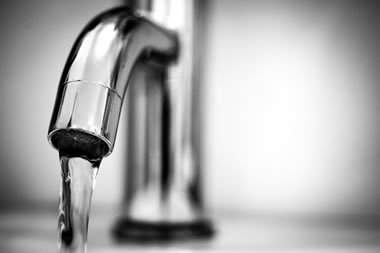Landlords, Are You Overestimating Your Legionella Responsibilities?
 Many residential landlords have one or more domestic properties they rent out to tenants. As a landlord, it is important to know what your responsibilities are to keep your tenants safe, and to provide a safe property for them to live in.
Many residential landlords have one or more domestic properties they rent out to tenants. As a landlord, it is important to know what your responsibilities are to keep your tenants safe, and to provide a safe property for them to live in.
While these responsibilities extend to obvious areas such as the overall condition of the property and the safety of gas and electric supplies, they also touch on the presence of legionella bacteria and the potential for contamination of the water in the property. Some residential landlords may be unaware of their responsibilities here, while others may be going too far in delivering what is required of them.
Misunderstandings from the HSE’s ACOP L8 document
This is the Health & Safety Executives Approved Code of Practice relating to Legionnaires’ disease and the control of legionella bacteria in water systems. The release of the fourth edition in 2013 led some property letting agents to provide misleading information to their landlords. Further, some individual, independent landlords may have wrongly assumed there were new requirements they must meet.
However, this is not the case. The main legal duty is as it has always been – to ensure the landlord of a domestic rented property conducts a legionella risk assessment to determine the risk posed by the water system in that property. In most cases, this legionella assessment will determine there is little risk present in the system providing certain precautions are taken.
Controlling any risks present may be as simple as flushing through the water system regularly if the property should be empty for a longer period.
No legionella testing certificate required
There is no need to obtain any legionella testing certificate to prove the water system is safe or has been tested in any manner. Providing you have conducted a thorough legionella risk assessment on the property, and you have reviewed it if anything changes (or periodically if not), you have most likely covered everything required of you. There should be a plan of action to follow, especially if anything changes, and you should take all measures to minimise any risks that may be present.
But do not assume it is legally necessary to obtain a testing certificate, as this is not typically the case under Health and Safety law. Testing would only usually be required if you suspected the water system was contaminated or associated with someone catching Legionnaires’ disease.
The HSE has plenty of guidance for landlords who are unsure of the extent of their responsibilities in this area. However, for most residential landlords, there will be no complex steps to take or complete to ensure they do not fall foul of the law.
World-leading legionella risk management specialists
Our teams of legionella experts support those responsible for the control of legionella across all regions of the UK and internationally, delivering professional water safety and legionella risk assessment solutions, legionella testing, independent compliance auditing, City & Guilds training and other environmental risk management services.
If you have questions about any of the issues raised above or you would like to speak with one of our specialists call us today on 0330 223 36 86 or get in touch here … contact us


